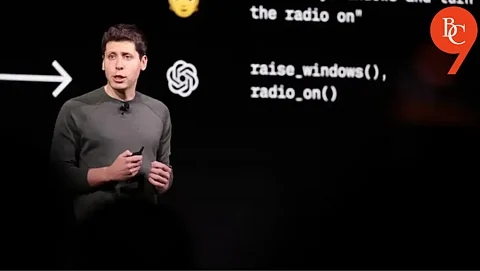

OpenAI has officially begun the global rollout of its much-anticipated ChatGPT Agent for eligible users, following a week-long delay that sparked both impatience and excitement across the AI community. Billed as a transformative leap beyond traditional chatbots, the ChatGPT Agent allows users to delegate intricate digital tasks research, scheduling, file editing, web navigation, and more to a highly capable AI assistant running on its own virtual computer.
ChatGPT Agent is OpenAI’s most advanced AI assistant to date, integrating the company’s prior Operator and Deep Research tools into a unified interface. Users can now instruct ChatGPT not just to answer questions, but to autonomously execute multi-step digital workflows. This enables everything from booking appointments and preparing market research reports to generating slide decks and filling out online forms all with minimal oversight from the user.
Announced on July 17, 2025, the ChatGPT Agent was slated to be available immediately for Pro, Plus, and Team subscribers, with Enterprise and Education access to come later. However, logistical and “technical” issues caused a week-long delay, leading to a surge of questions from eager customers. OpenAI publicly apologized, confirming on July 24 via X (formerly Twitter) that the rollout was “now fully complete” for all qualifying users, and thanked the community for its patience during the hiccup.
Currently, the Agent is not yet available in the European Economic Area and Switzerland due to compliance and infrastructure updates, but expansion is expected soon.
This update marks OpenAI’s boldest pivot towards “agentic” AI where the assistant acts on your behalf rather than merely responding to text inputs. It’s a bid to put ChatGPT at the heart of digital productivity, capable of automating real work, not just conversations.
While early feedback notes the tool is still slower and occasionally glitchy compared to human users, its potential for business, research, and everyday productivity is significant. It also signals a shift in the broader AI industry, as major competitors look to expand AI agents that can perform substantive digital work.
